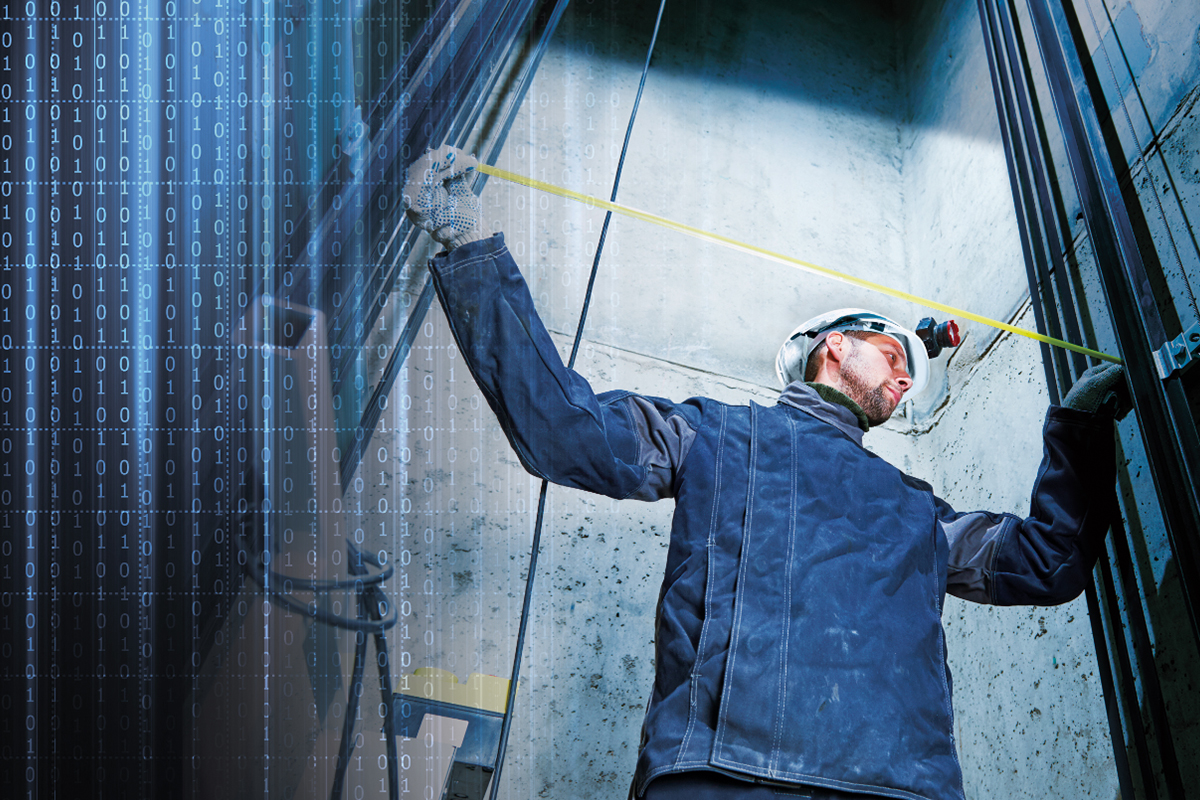Annual Florida Elevator Inspection: Key Steps and Deadlines
Elevator inspections are an essential part of maintaining safety and compliance in Florida. Clark Elevator Company is here to guide you through the key steps required to complete your annual elevator inspection before the July 31 deadline. This blog will provide clear, concise instructions to help you navigate this important process.
Why Annual Elevator Inspections are Crucial in Florida
In Florida, elevator inspections are mandated on an annual basis to ensure the safety and efficiency of all elevators, escalators, and other vertical transportation devices. The Florida Department of Business and Professional Regulation (DBPR) oversees these inspections to guarantee that all elevators comply with state and local safety regulations. Timely inspections with Clark Elevator Company will prevent accidents, maintain operational efficiency, and help avoid legal penalties.
Purpose of the Inspection
- Safety Compliance: Make sure that the elevator meets state and local safety regulations.
- Operational Efficiency: To verify that the elevator operates smoothly and efficiently.
- Preventive Maintenance: To identify and address potential issues before they become serious problems.
Key Steps for Annual Elevator Inspection
Check Certificate of Operation Expiry
The first step is to check the expiration date on your current certificate of operation. This certificate is typically displayed inside the elevator cab.
Note the date and ensure that your inspection is scheduled well in advance of this expiration.
Schedule Your Inspection Early
Contact a licensed elevator inspector as soon as possible to schedule your annual inspection. Inspectors can have busy schedules, especially as the July 31 deadline approaches.
Aim to book your inspection at least a month in advance to allow time for any necessary repairs or follow-up checks.
Prepare for the Inspection
Ensure all maintenance records are up-to-date and readily available. This includes logs of regular maintenance activities and any previous inspection reports.
Perform a preliminary check of the elevator’s mechanical components, electrical systems, and safety devices. Address any obvious issues beforehand to streamline the inspection process.
Conduct a Thorough Maintenance Check
Before the inspector arrives, carry out a comprehensive maintenance check. This includes examining gears, motors, wiring, control systems, emergency brakes, alarms, and door operations.
Verify that the elevator cab interior is free of damage and potential hazards. Ensure fire safety compliance by checking signage and emergency exit accessibility.
Load Testing and Safety Checks
Make sure that the elevator can handle its rated capacity without issues by conducting load tests.
Confirm that all safety devices, including emergency brakes and alarms, are functioning correctly.
Coordinate with Your Inspector
On the day of the inspection, coordinate closely with the licensed elevator inspector. Provide them with access to all necessary areas and documents.
Be available to answer any questions and address any immediate concerns the inspector may have.
Address Any Identified Issues
If the inspector identifies any issues, address them promptly. This may involve scheduling repairs or additional inspections.
Ensure that all corrective actions are documented and that the elevator meets all safety standards.
Obtain and Display the New Certificate of Operation
After passing the inspection, a new certificate of operation will be issued. This certificate is valid for one year and must be displayed inside the elevator cab.
Ensure that this certificate is posted prominently and that it remains valid through the next inspection cycle.
The Importance of Compliance
Staying compliant with Florida’s annual elevator inspection requirement is crucial for several reasons:
- Safety: Regular inspections guarantee the safety of all elevator users, preventing accidents and injuries.
- Legal Compliance: Meeting the annual inspection requirement helps avoid fines and legal issues.
- Operational Efficiency: Identifying and addressing potential issues early can reduce repair costs and extend the elevator’s lifespan.
- Certification Continuity: Continuous compliance prevents any lapse in the validity of the elevator’s certificate of operation.


